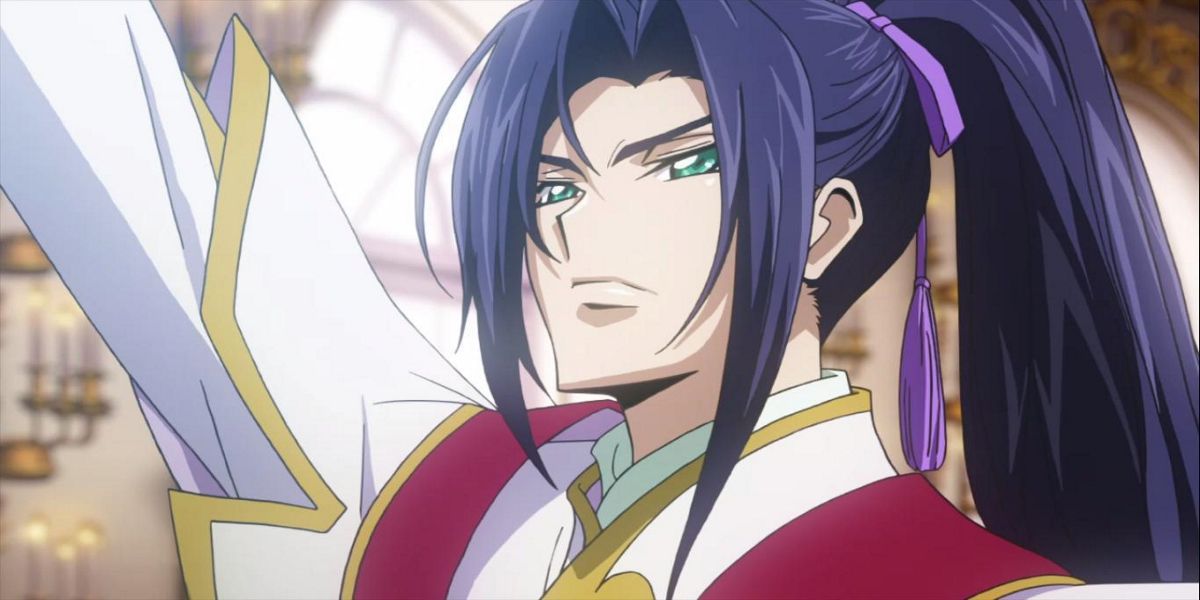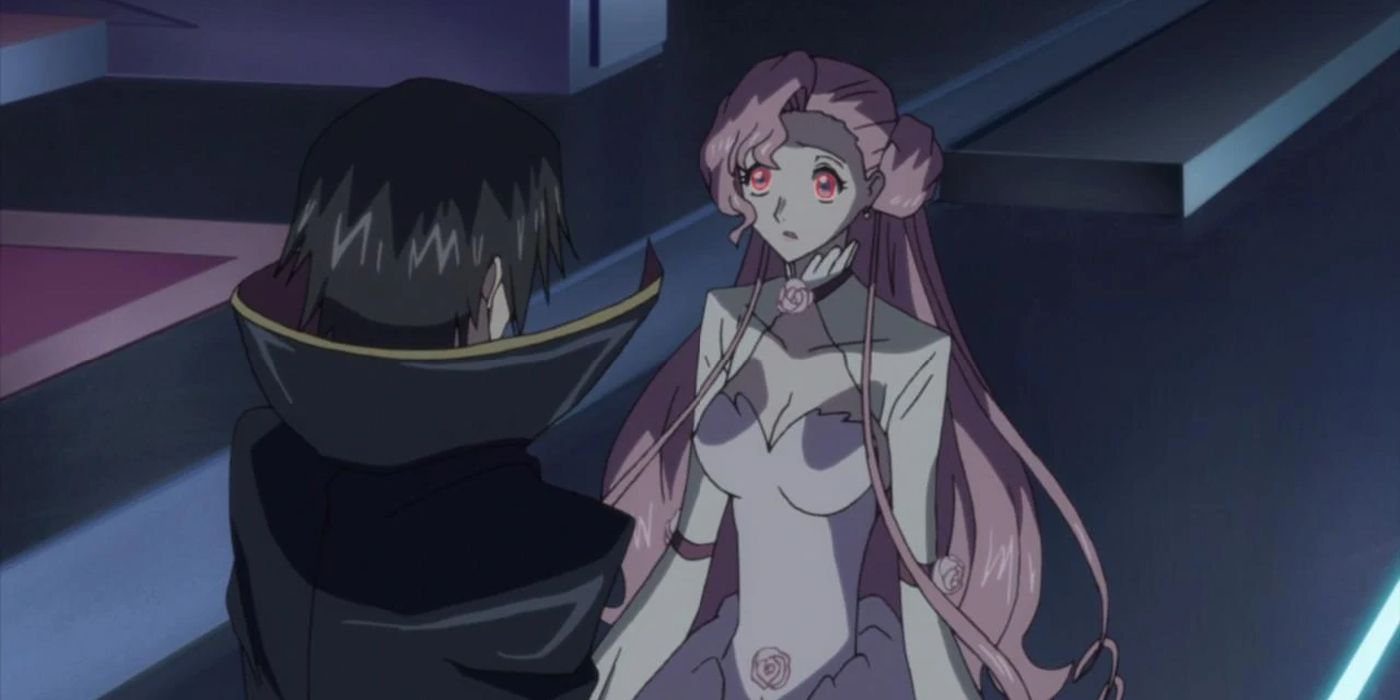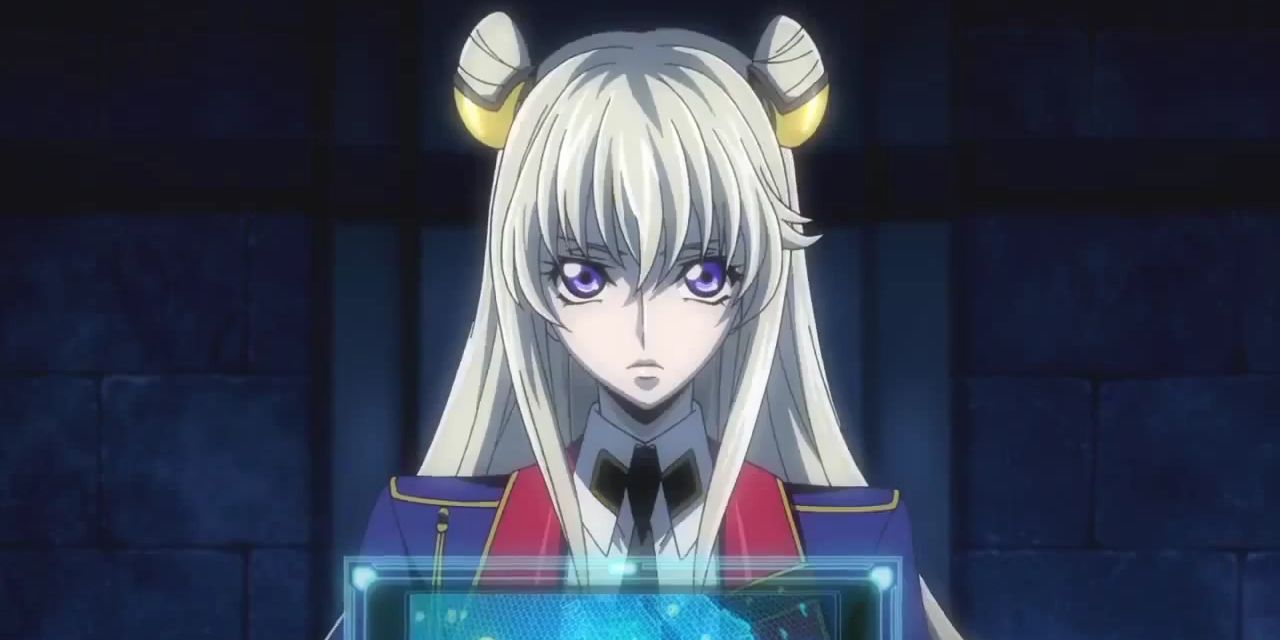The following article contains significant spoilers for Code Geass: Lelouch of the Rebellion, as well as Code Geass: Akito the Exiled, currently available on DVD and Blu-ray.
Code Geass: Lelouch of the Rebellion is a popular sci-fi fantasy anime that takes place in an alternate history where the racist, expansionist Britannian Empire has annexed Japan. Lelouch, an exiled Britannian prince raised in Japan, uses his unique "Geass" power of manipulation to lead a rebellion. The series has some notably silly comic relief as well as some hopeful moments and themes, but a dark central thesis about the human condition.
Code Geass: Akito the Exiled is the series' OVA follow-up, released on Japanese home media from 2013-2016. Set between the TV anime's two seasons, the story is suitably dark and morally ambiguous for a series about war and death. However, there are some ways in which it challenges the pessimistic fatalism of the original classic.
The story takes place in Code Geass' alternate history version of Europe, whose military is reluctant to fight against Britannia. Leila Malcal is a French military commander who has proposed hiring Japanese soldiers to fill the ranks. Because Japanese people are treated as second-class citizens in the world of Code Geass, Leila's "wZERO" squadron is soon used for suicide missions, much to her regret. Leila's admitted complicity -- and the resulting guilt which leads her to accompany the squadron personally on future missions -- makes her a worthy protagonist for a world where there are no true heroes.
Akito Hyuga is the only survivor of wZERO's latest operation, and the exiled brother of the series' Britannian antagonist Shin Hyuga Shaing. Shaing's Geass power is to compel others to die, but Akito unexpectedly survived when he used it on him as a child. His headstrong, careless approach to battle as a soldier is his delayed way of fulfilling the Geass: he has accepted that his fate is to die. Outside of battle, Akito keeps his righteous fury hidden under a stoic veneer, which makes his slow-burn romance with Leila all the more compelling.
One of Code Geass' most unbelievable moments came when Lelouch accidentally used his Geass on his half-sister Princess Euphemia. Lelouch described his supernatural powers of persuasion, absent-mindedly using "kill all Japanese people" as an example of something he could theoretically force her to do.
To his horror, he lost control of his power and Euphemia went on a genocidal rampage until he reluctantly killed her. Lelouch's inability to take back what he had said -- and Euphemia's pacifistic nature trying and failing to deny the command -- reinforced the unassailable cosmic power of the Geass to override human willpower.
In one of Akito the Exiled's tensest scenes, Shaing ordered Akito to kill Leila with his "Knightmare Frame" mecha. Even though Shaing's Geass did not allow him to control people as directly as Lelouch's, Akito still moved to crush her in a suggestible reverie. In another series, Akito killing Leila at this moment would have been absurd, but fans who remember the Euphemia incident's twisted brutality know that Code Geass just might pull the trigger. Instead, Akito defied the Geass and swept Leila away from Shaing, carrying her in his mechanical arms in a surprisingly romantic scene.
This is just one example of how Akito the Exiled challenges Code Geass' emphasis on the fragility of human willpower. Leila was revealed to have received a Geass power of her own; the mysterious C.C. warned her that if she chose to use it, she would be isolated from humanity, echoing the similar warning she once gave Lelouch. Given that he ultimately gave his life for his cause, fans take the warning Leila received at face value and assume she will meet a similarly tragic fate.
Just as Shaing was about to defeat his brother in combat, Leila chose to use her Geass power to psychically call forth the entreaties of Akito's wZERO comrades, who begged Shaing not to kill him. Leila's usage of Geass for love rather than power delayed Shaing long enough for his brother to survive. After Shaing's defeat, Leila quit the army to live in peace with Akito and the other members of the wZERO unit. The finale showed Leila and Akito finally kiss as they prepared to join the community of Polish travelers they'd met in Episode 3. Leila had proved C.C.'s grim ultimatum about Geass wrong.
Similarly, Akito was certain he had no choice but to die -- not just because of his brother's Geass, but also his role as an expendable soldier. Instead he chose to live and to love, defying not just Shaing and the European army's expectations, but the expectations of the OVA's genre. The ending may seem shockingly upbeat given the dark tone of the main series, but its shift likewise reflects Akito's shift in perspective.
Akito the Exiled has many more surprises, but Leila and Akito's happy ending embodies how the OVA's emphasis on free will, community and the importance of living seems like a counterargument to the Code Geass' dark conclusion. Though Lelouch sacrificed his relationships and even his life, he ironically did it to preserve peace and freedom in the world. In this way, though Akito the Exiled approaches them more optimistically, the series' themes are not so different after all.




